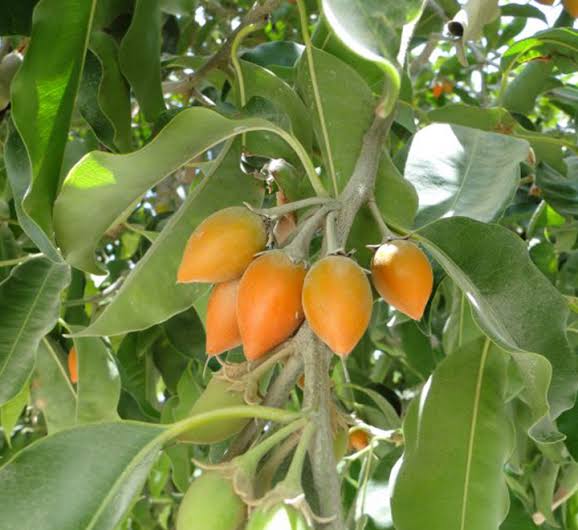- +033 2572 7171
- info@dhanvantary.com

4.5 Rating | 4500 Review

4.5 Rating | 4500 Review
Mimusops elengi is commonly known as Bakula. Bakula is a potential therapeutic herbal plant and their medicinal uses are mentioned in Ayurvedic scriptures. In Ayurveda, Bakul is a natural astringent used for strengthening the teeth, reduces toothache, in pyorrhoea, and in diarrhoea. It is useful in heart diseases, and also has good hemostatic activity. In modern science, researchers perceive the importance of herbal plants.

They develop various kinds of formulations by using identified properties of the Bakula plant. They discover numerous pharmacological activities such as Analgesic, Antibiotic, Anti hyperlipidemic, Anti-inflammatory, Anti-microbial, Antioxidant, Antipyretic, Cognitive enhancing.
Kingdom
Plantae
Order
Ericales
Family
Sapotaceae
Genus
Mimusops
Species
M. eleni
Bakul is a tropical evergreen tree native to Africa and Asia. The tree can grow up to 20 ft. and provides a thick shade, but requires fairly warm temperatures with well-drained soil. It grows all over India, especially in Western Ghats regions. It is also found in Deccan regions of plateau, and frequently cultivated as ornamental trees in gardens.
Bakul has many medicinal properties due to various phytochemicals present in the plant. There are following phytochemicals are there:
|
Part of the Plant |
Phytochemical |
Properties |
|
Leaves |
Sterols, reducing sugars, hentriacontane, 𝛃-carotene, tannins. |
Used in treatment of fever, postural eruptions of skin, ulcers, Antidote for snake bite. |
|
Bark |
Alkaloids, tannins, amyrin, bassic acid, taraxerol, sodium urolate, betulinic acid, wax, and volatile oils such as linalool, copaene, isosafrole, caryophyllene etc. |
Strengthens the gums,anti-inflammatory, effective in ulemorrhagia, increases fertility in women, anti-microbial |
|
Root |
Steroidal, saponins, lupeol acetate, taraxerol, 𝝰-spinasterol, 𝛃- glucoside |
Strengthens the teeth |
|
Flowers |
Mannitol, 𝛃-sitosterol, quercitol, ursolic acid and terpene. |
Anti-ulcer, expectorant, cure biliousness, liver problems, Antidiuretic, calm anxiety, panic attacks and brain tonic. |
|
Seeds |
Pentacyclic triterpene, mimusopic acid, capric, palmitic, stearic and oleic acids. |
Used for culinary purposes, for burning, for nasal congestion and headache. |
Bakul is an ethnomedicinal plant, each and every part of the plant is used to treat various diseases. Let’s discuss the uses of the plant:
